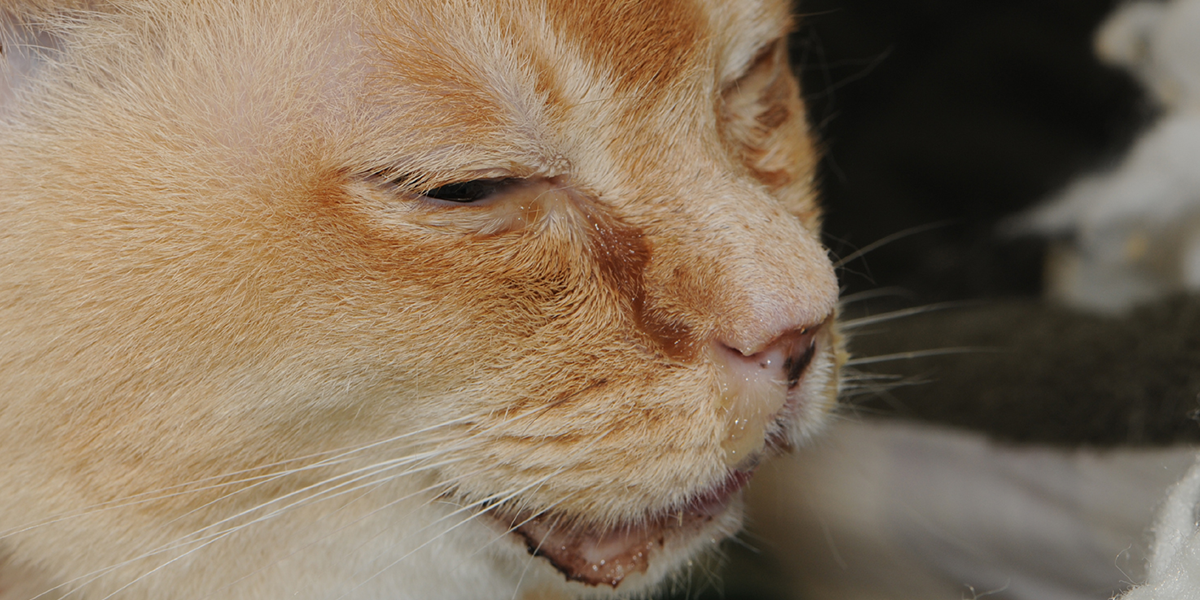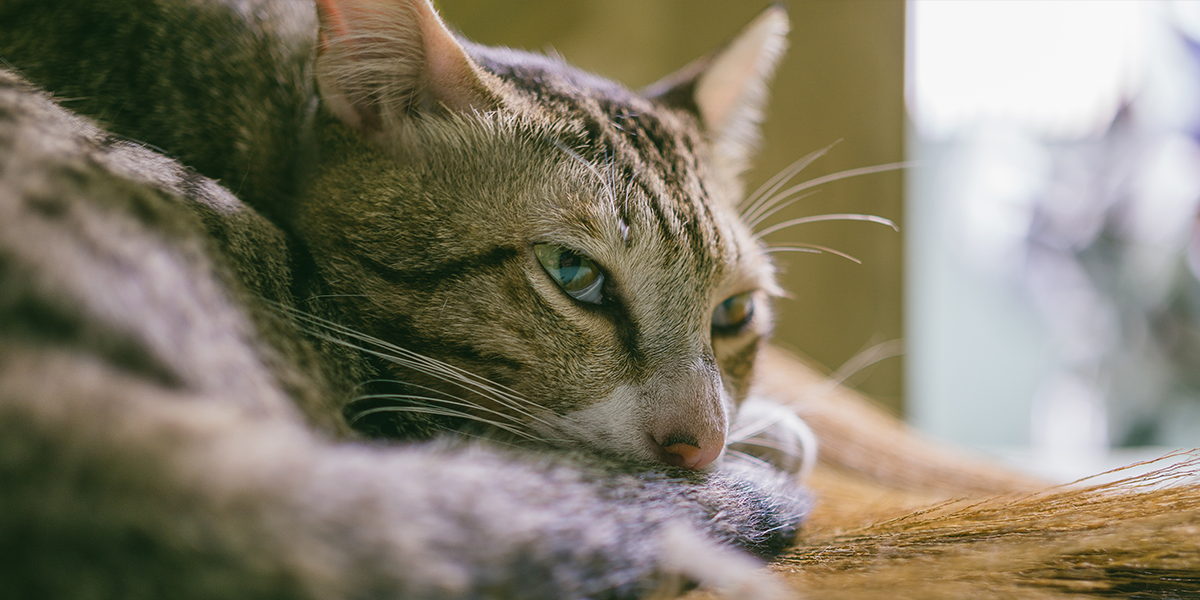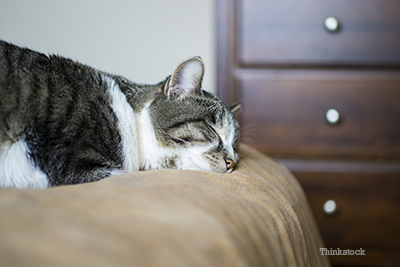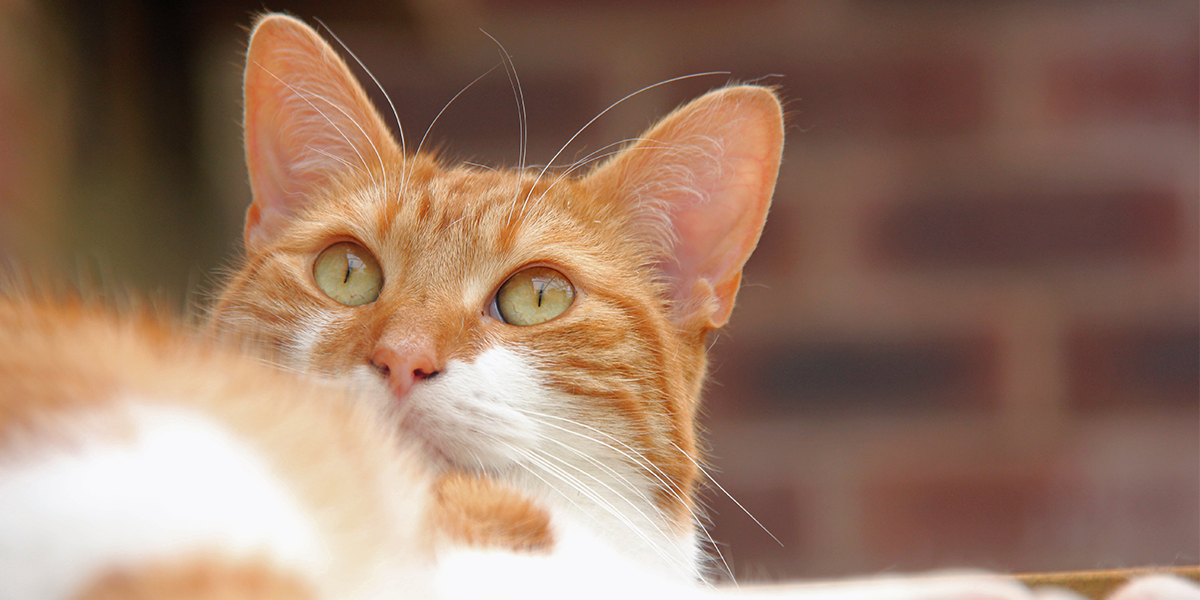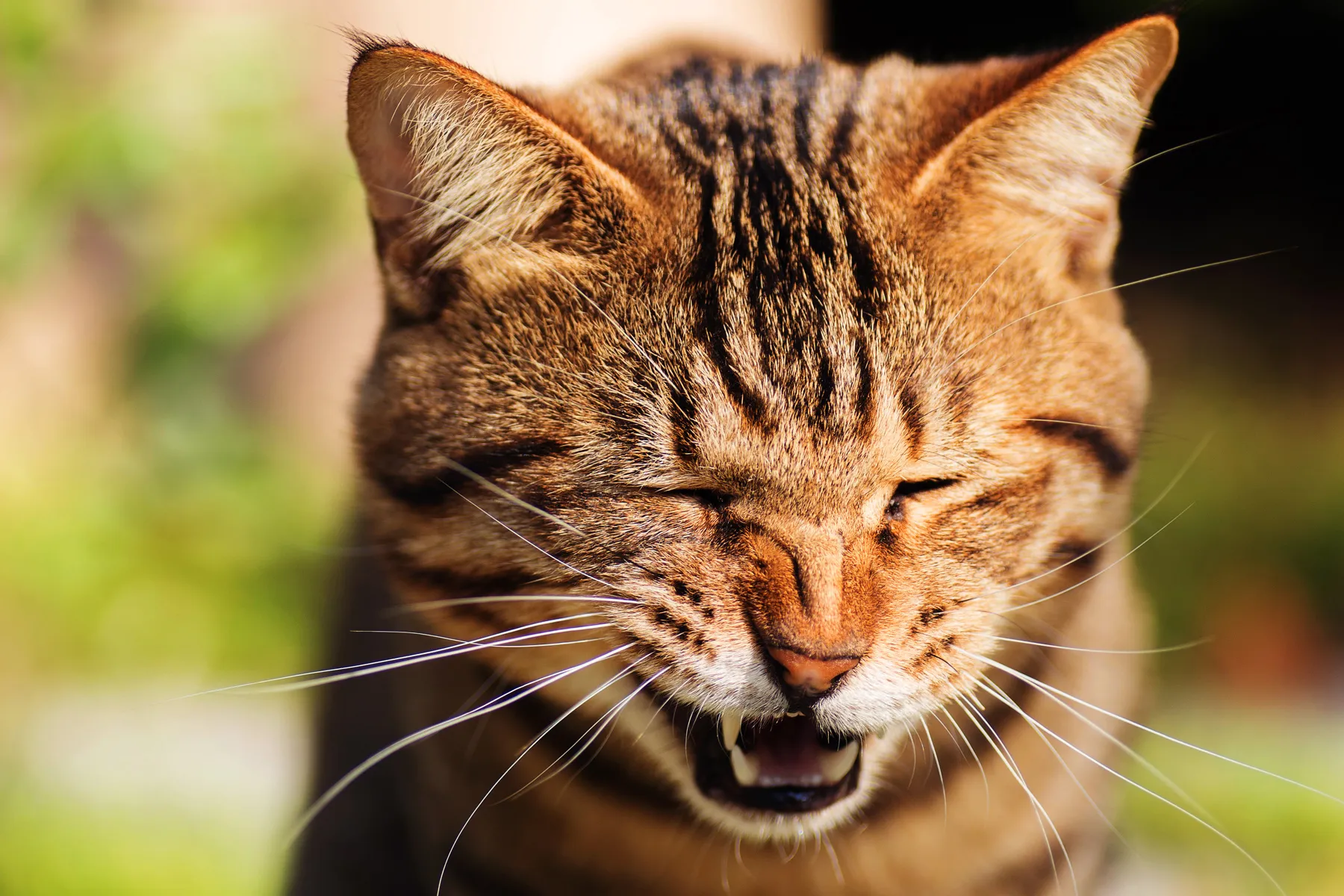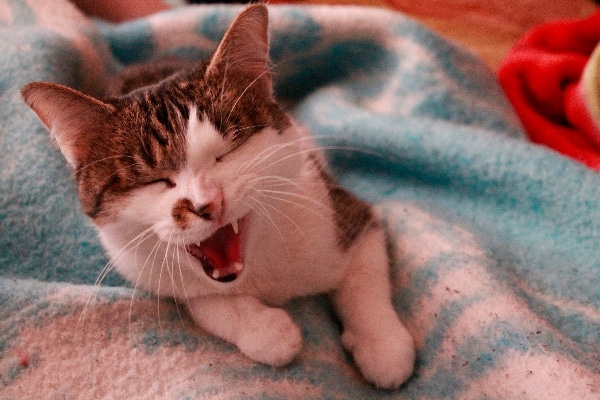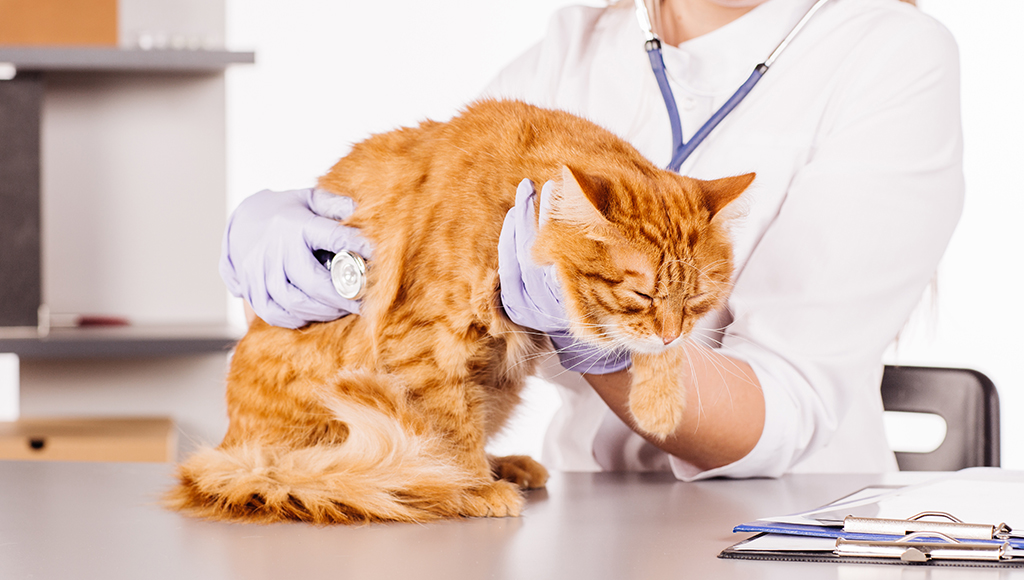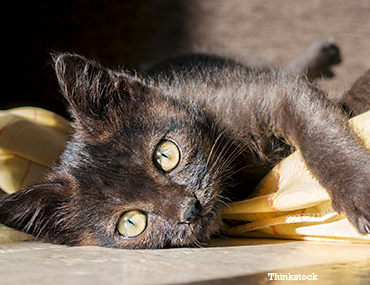Cat Nose Bleed Upper Respiratory Infection

Foreign material lodged in nasal cavity cats with foreign debris that has lodged in the nasal cavity require vet attention.
Cat nose bleed upper respiratory infection. Some of the other common symptoms may include a discharge from the nose or eyes sniffling a fever often evident by a lack of appetite a hoarse meow or no voice at all and ulcers in the mouth or on the nose. Bleeding from the nose snorting sneezing nasal discharge weakness lethargy facial swelling pawing at or rubbing the nose or face bad breath trouble breathing exercise intolerance bleeding gums unexplained bruising dizziness or confusion dark or black feces prolonged bleeding from. A mild case may not progress any further than this but some cats will also begin coughing act as if they have a sore throat run a fever and develop chest congestion. Why a cat is sneezing blood with an upper respiratory infection possible causes.
Fungal infection especially cryptococcosis. Treatment of cat uris requires supportive care mainly with oral antibiotics. Symptoms of feline upper respiratory infections sniffling sneezing clear to pus like discharge from the eyes and or nose coughing and lethargy are common symptoms of an upper respiratory infection in cats. On examination your veterinarian may also check for oral ulcers sometimes caused by fvr and fcv.
Bronchiseptica and chlamydophila felis c. When should you bring your cat in for a vet visit. Signs that your cat s nose is bleeding include. Upper respiratory infections are rife in large groups of felines such feral colonies and.
Sneezing is the most common sign as well as a discharge from the eyes and nose drooling congestion and decreased appetite. A sneezing cat or a coughing cat can signal an upper respiratory infection. Other possible causes are. If the nosebleed is not the result of ruptures from excessive sneezing.
Bacterial infections often occur after the initial onset of a viral infection. Sneezes follow rapidly usually within 24 hours of the red eyes and the sneezing will be followed by bubbles at the nose snorting to clear the nose and head congestion. Nasal discharge with flecks of blood bubbles from the nose pawing at the nose snorting. This would cause agitation that may make your cat s nose bleed.
Feline herpes viral rhinotracheitis and feline calicivirus infection are the most common causes of acute rhinitis and sinusitis in cats although other viruses could also be at fault. If your cat has recently suffered from an upper respiratory infection he may have scratched his nose as a response to a runny or raw nose.
